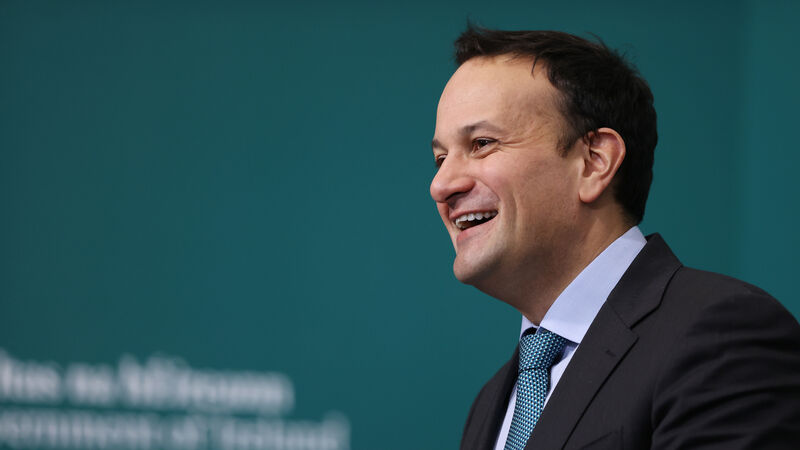Brian Keegan: To support a living wage, consumers will have to pay a little more

Tánaiste Leo Varadkar: Displacing the minimum wage with a living wage would have attracted much discussion before the pandemic because it is a radical notion.
The national preoccupation with Covid-19 is smothering government ideas and initiatives that otherwise might be headline news, and the suggestion by Tánaiste Leo Varadkar to displace the minimum wage with a living wage would have attracted much discussion before the pandemic because it is a radical notion.
Policies to provide income supports have tended to emphasise unemployment benefits and state pension entitlements.











